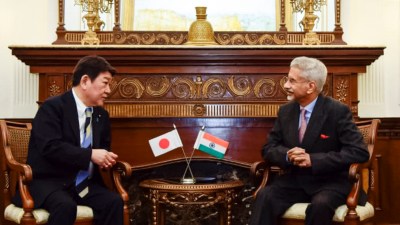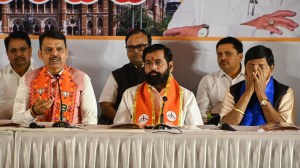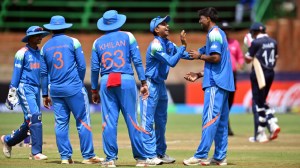A diffident debate
It was a university that was once said to represent the aspirations, ideals and politics of Muslims in India. Today, in a polarised world th...

It was a university that was once said to represent the aspirations, ideals and politics of Muslims in India. Today, in a polarised world the aspirations remain but Aligarh Muslim University8217;s sway over Muslim politics and ideology lies challenged. For the students, the marginalisation seems double edged. They haven8217;t had a students8217; union to represent them in the past five years and outside the university they see their influence dwindling.
It was the murder of Dr Iqbal Ghani Khan, a reader in AMU8217;s history department, that took me to Aligarh. Spending many hours on the campus, talking to students about Khan8217;s murder 8212; the fourth of an AMU professor in the past ten years 8212; inevitably brought the conversation to the state of the university.
In the absence of a union, students have formed smaller groups to represent them. The Society against Discrimination and Alienation and the Human Rights Forum are just two of them. 8216;8216;After the Godhra incident, we tried to sensitise both students and people in Aligarh,8217;8217; says one student. But they admit that the gulf between the university and the town is too wide to be easily bridged.
AMU was once known for the role it played in the national movement. In the recent past, it has been mentioned more than once as a hotbed of terrorism and of harbouring SIMI activists. The accusations may not have stuck but the hurt certainly has. 8216;8216;It has its problems like any other university but the charges were all trumped up,8217;8217; say a group of students. The accusations seem to have made the university officials more cautious. Students say their activities are closely monitored and dissent is not tolerated. The students too have learnt the use of restraint. 8216;8216;If you are too critical, then there8217;s POTA for you, isn8217;t there?8217;8217; laughs one. So there was just one march against the war on Iraq in February which was well-attended but some students admitted that the fear of reprisal has ensured that there are never too many protests or vibrant debates, even after Godhra.
But they insist on hope even when there seems little reason for it.8216;8216;I think 70 per cent of Indians are not communal. It8217;s just that they are not united,8217;8217; says Sharique Raza, a student at the Department of Sociology. 8216;8216;Our leaders have become communal,8217;8217; he adds. 8216;8216;No. The communal have become our leaders,8217;8217; counters another.
- 01
- 02
- 03
- 04
- 05































